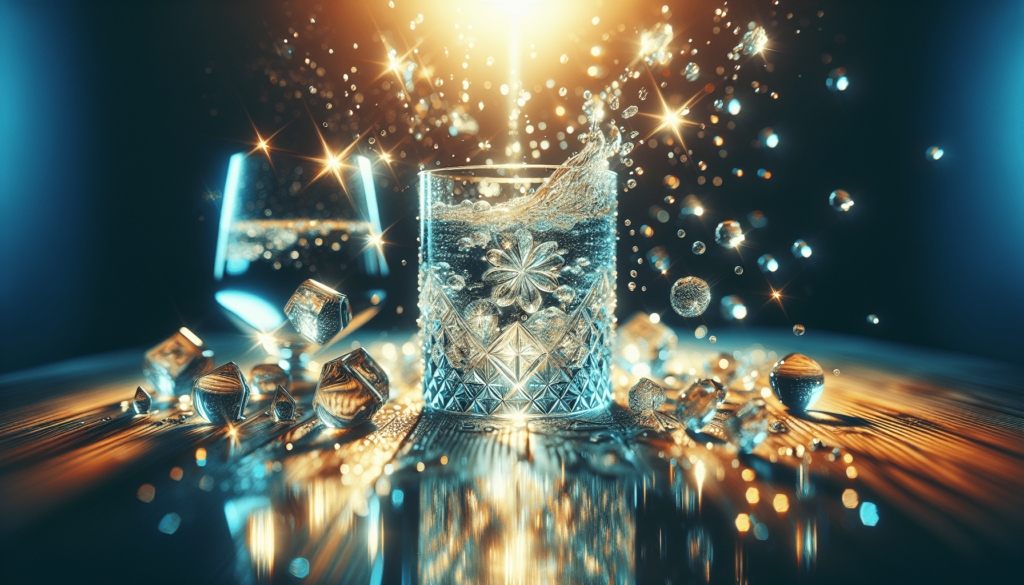Drink Plenty Of Water. Water Is Essential For Overall Health, And It Also Helps To Keep Your Skin Hydrated And Glowing. Aim To Drink Eight Glasses Of Water Per Day.
Staying hydrated is not just important for quenching thirst, it is also essential for maintaining overall health and promoting radiant skin. Water acts as a natural detoxifier, flushing out toxins and waste from your body, leaving you feeling refreshed and revitalized. Not to mention, drinking enough water helps to keep your skin hydrated, giving it a healthy, glowing appearance. Experts recommend aiming for eight glasses of water per day to reap the maximum benefits. So grab your water bottle and start sipping your way to a healthier you!
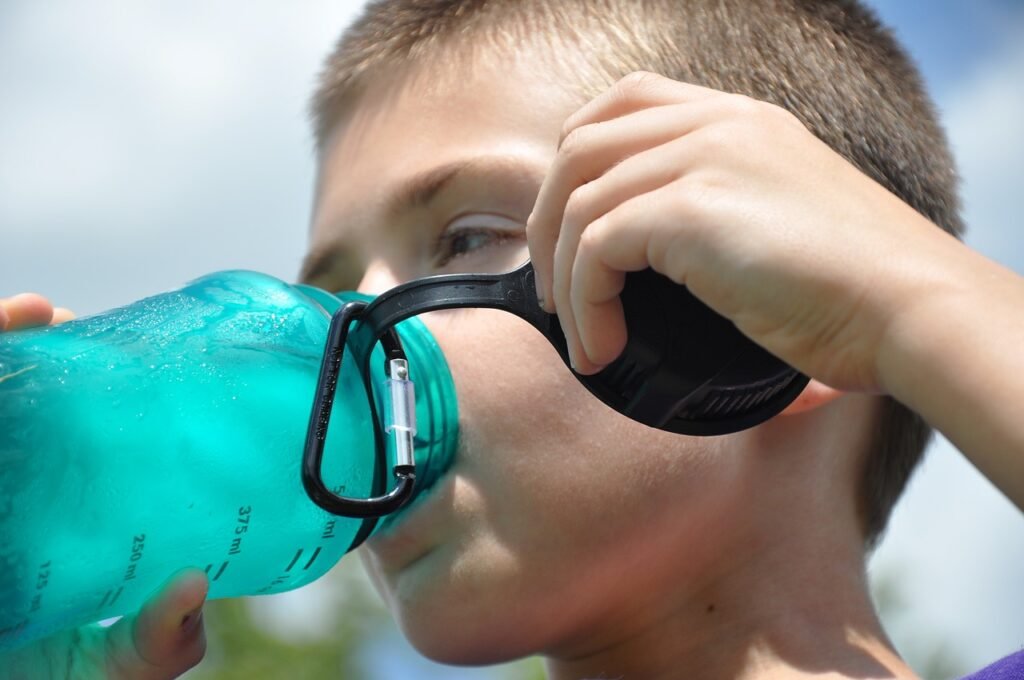
This image is property of pixabay.com.
Importance of Drinking Water
Water as an essential nutrient
Water is not only a thirst-quenching beverage but also a vital nutrient for our body. It plays a crucial role in maintaining overall health and functioning. Every system in your body depends on water to stay hydrated and work efficiently. From regulating body temperature to flushing out waste products, water is an indispensable component of your well-being.
Benefits of drinking water for overall health
Drinking an adequate amount of water has numerous benefits for your health. Firstly, it helps in maintaining proper hydration, which is crucial for the optimal function of your organs and body systems. Water aids in digestion, nutrient absorption, and the circulation of oxygen throughout your body. It also lubricates your joints and protects sensitive tissues.
Furthermore, adequate hydration promotes healthy weight management. Drinking water can help you feel full, reducing your appetite and preventing overeating. Additionally, water has zero calories, making it an excellent choice to quench your thirst without adding unnecessary calories to your diet.
Role of water in maintaining skin hydration
Your skin is the largest organ in your body and requires proper hydration to stay healthy and radiant. Without sufficient water intake, your skin can become dry, dull, and more prone to various skin conditions. Water acts as a natural moisturizer, helping to maintain the elasticity and suppleness of your skin. It aids in transporting essential nutrients to the skin cells and removing toxins, resulting in a smoother and more youthful complexion.
Recommended Daily Water Intake
Understanding the 8×8 rule
You may have heard of the “8×8 rule,” which suggests drinking eight 8-ounce glasses of water per day. While this is a simple guideline, it may not be suitable for everyone, as water intake requirements vary depending on various factors.
Factors that may affect water intake requirements
Several factors can influence the amount of water you need to drink each day. Physical activity level, climate, body weight, and overall health are some key factors to consider. For instance, intense physical activity or hot weather may increase your water needs due to excessive sweating and fluid loss. Similarly, if you have a fever or certain health conditions, your water requirements might be higher.
Alternative ways to determine water needs
Apart from the 8×8 rule, another approach to determine your water needs is to listen to your body. Thirst is a clear indication that your body requires hydration. However, it’s important not to rely solely on thirst, as it may not always be an accurate indicator. Monitoring the color of your urine can also provide insights into your hydration status. Clear or pale yellow urine indicates proper hydration, while darker urine may suggest the need for more fluids.
The Link Between Water and Skin Health
How dehydration affects the skin
Dehydration can have a detrimental effect on your skin. When your body lacks adequate water, your skin becomes more prone to dryness, irritation, and premature aging. Dehydrated skin may appear dull, flaky, and less elastic. Fine lines and wrinkles can also become more prominent.
Benefits of hydrated skin
Proper hydration, on the other hand, can have numerous benefits for your skin. Well-hydrated skin is more resilient and has a natural glow. It helps to maintain the skin’s barrier function, preventing the loss of moisture and protecting against environmental damage. Hydrated skin is also less likely to experience acne breakouts, as it helps in regulating sebum production and promoting a balanced complexion.
Tips for maintaining skin hydration
To keep your skin hydrated and healthy, you can follow a few simple tips. Firstly, make sure to drink enough water throughout the day. Additionally, using a moisturizer formulated for your skin type can help lock in moisture and prevent water loss. Avoiding long, hot showers and harsh skincare products will also contribute to maintaining your skin’s natural hydration levels. Lastly, incorporating hydrating foods, such as watermelon, cucumber, and citrus fruits, into your diet can provide an extra boost of hydration for your skin.
Strategies to Drink More Water
Carry a refillable water bottle
Having a refillable water bottle with you at all times is a convenient way to ensure you have access to water throughout the day. Whether you’re at work, running errands, or hitting the gym, a reusable water bottle makes it easy to stay hydrated wherever you go.
Set reminders and create a hydration schedule
In our busy lives, it’s easy to forget to drink water. Setting reminders on your phone or using hydration tracking apps can help you establish a regular drinking routine. You can schedule reminders at specific intervals or align them with your daily activities, such as drinking a glass of water before each meal.
Infuse water with fruits or herbs for added flavor
If plain water seems boring to you, try infusing it with fruits, herbs, or even vegetables to add a refreshing twist. Citrus fruits like lemon, lime, or orange, as well as berries and cucumber slices, can infuse your water with a burst of flavor. Experiment with different combinations to find your favorite infused water recipe.
Track your water intake
Keeping track of your daily water intake can help you stay accountable and ensure you’re reaching your hydration goals. You can use a journal, a smartphone app, or even mark your water bottle with time-based goals to track your progress. Seeing your progress visually can be motivating and encourage you to drink more water.
Include water-rich foods in your diet
While drinking water is crucial, you can also boost your hydration by consuming water-rich foods. Fruits and vegetables with high water content, such as watermelon, strawberries, cucumbers, and celery, can supplement your water intake. These foods not only provide hydration but also offer additional nutrients and promote overall health.
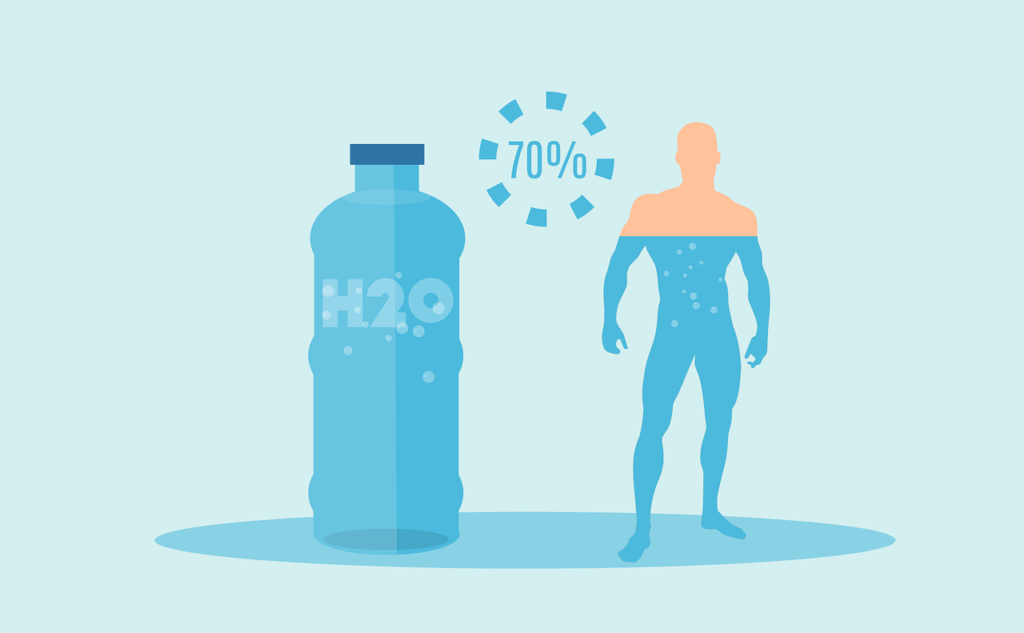
This image is property of pixabay.com.
Hydration Tips for Different Situations
Staying hydrated during exercise
When engaging in physical activity, it’s important to stay hydrated to replace the fluids lost through sweating. Before exercising, drink water to ensure you start off properly hydrated. During prolonged workouts or intense activities, consider sipping on water at regular intervals or using sports drinks that provide electrolytes for added hydration support. After your workout, replenish your fluids by drinking water and consuming hydrating foods.
Maintaining hydration in hot weather
Hot weather can lead to increased sweat production and water loss, making it crucial to remain hydrated. Besides drinking water regularly, try to stay in shaded areas and wear loose, breathable clothing to minimize dehydration. Additionally, using sunscreen and a hat can help prevent sunburn, reducing the risk of excessive water loss through burned skin.
Tips for staying hydrated while traveling
Traveling, especially on long flights, can contribute to dehydration due to the dry cabin air and limited access to fluids. To combat this, make sure to drink plenty of water before, during, and after your journey. Carry an empty water bottle with you through security checkpoints to refill at water fountains. Avoid excessive caffeine and alcohol consumption, as they can further dehydrate your body. Additionally, using a moisturizing lotion or mist can help keep your skin hydrated during your travels.
Signs of Dehydration
Recognizing early signs of dehydration
Dehydration can manifest in various forms, and it’s essential to recognize the early signs to address the issue promptly. Common signs of dehydration include increased thirst, dry mouth, fatigue, dizziness, dark-colored urine, and infrequent urination. If you experience these symptoms, it’s a clear indication that your body needs more water.
Effects of chronic dehydration
Chronic dehydration, when left unaddressed, can lead to more severe health problems. Prolonged water deficiency can result in kidney stones, urinary tract infections, constipation, and even impaired cognitive function. It’s crucial to prioritize regular hydration to prevent these long-term consequences.
How to rehydrate effectively
If you find yourself dehydrated, it’s crucial to rehydrate effectively. Sipping water slowly and steadily is more beneficial than chugging large amounts at once. Additionally, consuming foods with high water content, such as soups, fruits, and vegetables, can aid in rehydration. In cases of severe dehydration, rehydration solutions or oral rehydration salts may be required, and seeking medical attention is advisable.
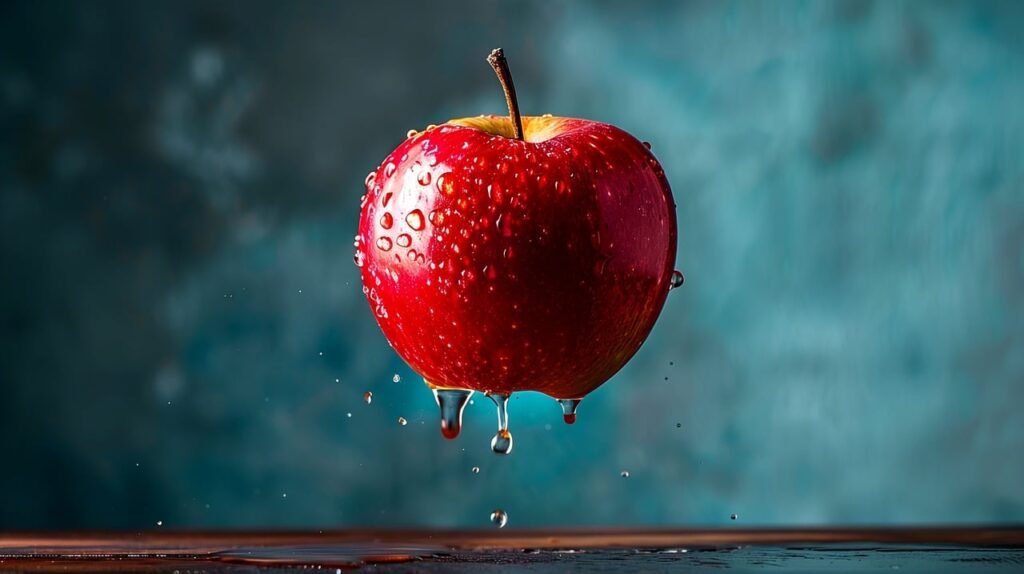
This image is property of pixabay.com.
Common Myths About Water Consumption
Debunking the 8-glasses-a-day myth
The notion of needing to drink eight glasses of water per day is a common myth. While it can serve as a general guideline, it doesn’t account for individual variations and needs. Instead of fixating on a specific number of glasses, it’s better to pay attention to your body’s signals and adjust your water intake accordingly.
Water as a weight loss strategy
While staying hydrated can support your weight loss journey, water alone is not a magic weight loss solution. Drinking water before meals can help curb your appetite and prevent overeating. Additionally, water has zero calories, which makes it a favorable beverage choice compared to sugary drinks. However, sustainable weight loss requires a holistic approach that includes a balanced diet and regular exercise.
Misconceptions about hydration and overhydration
There is a common misconception that drinking excessive amounts of water is always beneficial. However, consuming too much water without the body’s need can lead to a condition called hyponatremia, where electrolyte imbalances occur, causing symptoms like nausea, headache, and confusion. It’s important to drink water in moderation and prioritize balance.
Tips to Make Water Intake More Enjoyable
Explore different temperature preferences
Some people prefer ice-cold water, while others enjoy it at room temperature. Experimenting with different temperature preferences can make drinking water more enjoyable for you. Find what suits your taste buds and helps you stay hydrated consistently.
Experiment with flavored water options
If plain water seems unappealing, you can try flavored water options available in stores or make your own at home. Adding a splash of citrus juice, a few sprigs of mint, or a slice of cucumber can enhance the taste and make drinking water a more pleasurable experience.
Use a fun or motivational water bottle
Investing in a fun or motivational water bottle can be a great way to encourage yourself to drink more water. Choose a bottle with a design or message that resonates with you and brings a smile to your face every time you reach for a sip.
Create infused ice cubes for added variety
Infusing your ice cubes with pieces of fruit, herbs, or even edible flowers can add an exciting element to your hydration routine. The flavored ice cubes not only keep your water cold but also release subtle hints of taste as they melt, revitalizing your taste buds.
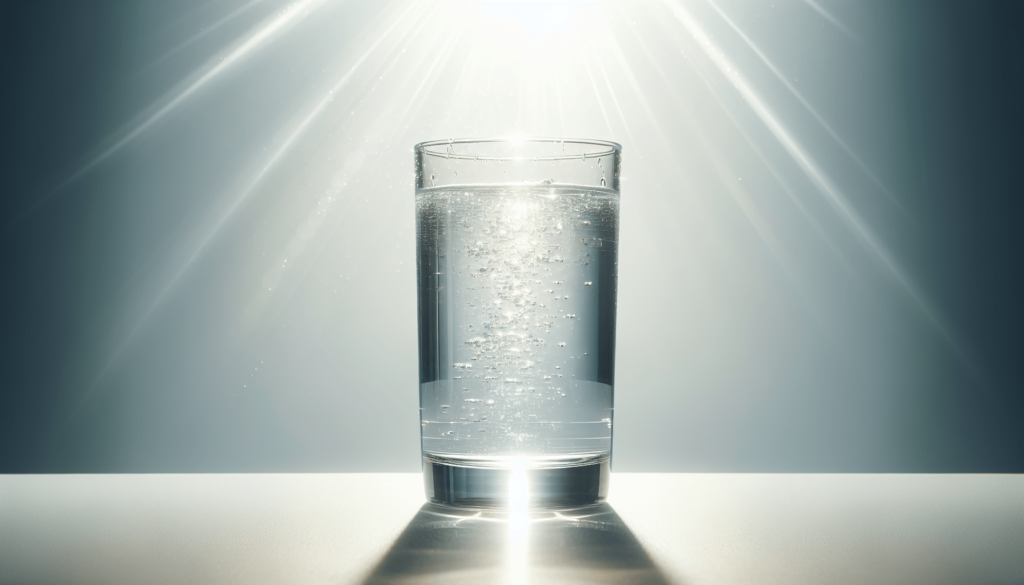
Water and Its Impact on Various Body Systems
Water’s role in digestion and nutrient absorption
Adequate water intake is essential for the proper digestion and absorption of nutrients. Water helps break down food particles, allowing enzymes and digestive juices to effectively break them down further. It also aids in the absorption of nutrients from the digestive tract into the bloodstream, ensuring your body gets the most out of the food you consume.
The importance of water for kidney function
Your kidneys play a crucial role in filtering waste products from your blood and regulating fluid balance in your body. To perform these functions efficiently, your kidneys require proper hydration. Drinking enough water helps prevent the buildup of toxins and promotes optimal kidney function, reducing the risk of urinary tract infections and kidney-related issues.
Water’s impact on brain health and cognitive function
Staying properly hydrated is vital for maintaining optimal brain function. Dehydration can impair cognitive abilities, including memory, focus, and decision-making skills. By drinking enough water, you ensure that your brain receives the necessary hydration to function at its best, promoting mental clarity and overall cognitive well-being.
Conclusion
In conclusion, drinking water is of utmost importance for your overall health and well-being. From being an essential nutrient for your body to playing a crucial role in maintaining skin hydration, water has numerous benefits. It is recommended to drink enough water every day, though the 8×8 rule may not apply to everyone. By understanding the link between water and skin health, adopting strategies to drink more water, recognizing signs of dehydration, and debunking common myths, you can prioritize healthy hydration habits. With the impact of water on various body systems, such as digestion, kidney function, and brain health, it’s clear that staying properly hydrated is key to maintaining a healthy and vibrant life. So, grab your water bottle, make hydration a priority, and enjoy the benefits of drinking water for your mind, body, and skin. Cheers to good health!
